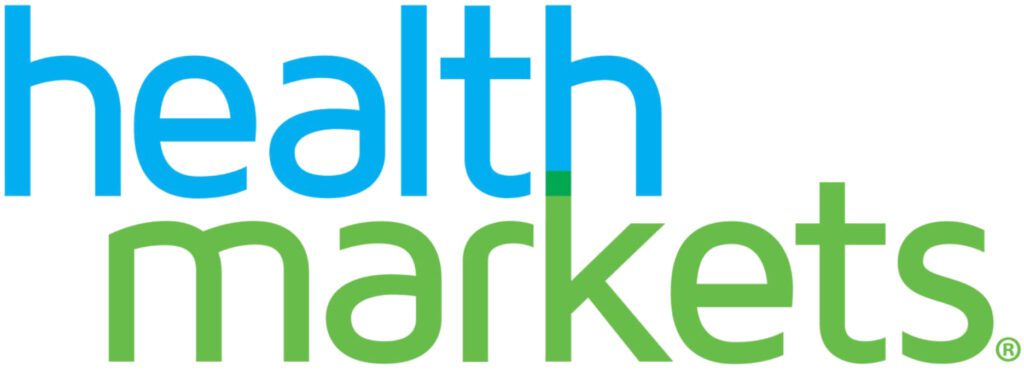Evaluate the details of your employer-sponsored retiree benefits and how they interact with Medicare to avoid overlaps, gaps, or unnecessary expenses. Aligning Medicare Supplement plans with employer-sponsored retiree benefits creates a personalized strategy for comprehensive and efficient healthcare coverage. With the right approach, retirees can confidently navigate their options and secure optimal benefits for their unique needs.
Understanding Employer-Sponsored Retiree Benefits
Employer-sponsored retiree benefits are health insurance plans provided by some employers to former employees post-retirement. These plans often serve as secondary coverage, complementing Medicare, and may cover costs like copayments, deductibles, or services not covered by Medicare (e.g., extended hospital stays, dental care, or vision services).
However, the terms of these plans vary widely. Some plans might reduce coverage once Medicare becomes the primary payer, while others may terminate entirely once Medicare coverage is active.
Key Considerations for Integration
Retiree benefits may also include a fixed contribution from the employer, allowing retirees to purchase private supplemental insurance like Medigap. However, understanding the specific terms of your retiree plan is important for your effective integration with Medicare’s benefits.
Here are some of the key factors that you should know before enrolling:
Timing Medicare Enrollment to Avoid Penalties
When you turn 65, enrolling in Medicare Part A (hospital insurance) and Part B (medical insurance) is important unless you are actively employed and covered under an employer plan. Failing to enroll during the Initial Enrollment Period (IEP) can result in late enrollment penalties and periods without coverage.
Retiree benefits often assume you will enroll in Medicare at the earliest eligibility, as Medicare typically becomes the primary payer once you are no longer actively employed. These plans may not cover healthcare costs that Medicare would, leaving you liable for these expenses. Verifying the requirements of your particular plan with your employer or benefits administrator before enrolling is always preferable.
Determining Creditable Coverage for Prescription Drugs
Some retiree plans include drug coverage deemed “creditable,” meaning it matches or exceeds Medicare Part D. This can allow retirees to delay enrolling in Part D without incurring penalties. In such cases, understanding how these plans interact is important to prevent overlap and maximize benefits.
Assessing the Need for a Medigap Policy
They are designed to cover costs such as coinsurance, deductibles, and copayments. However, if your retiree benefits already provide this level of coverage, purchasing Medigap may be redundant.
For example, retiree benefits often fulfill the same role as a Medigap policy by acting as secondary insurance. If you decide to purchase Medigap, do so within six months of enrolling in Medicare Part B to benefit from guaranteed issue rights, which will prevent insurers from denying your coverage based on pre-existing conditions.
Comparing Costs and Coverage Options
Integrate your retiree benefits with Medicare by thoroughly comparing the total costs and advantages of maintaining your employer-sponsored plan versus transitioning to Medicare Supplement or Advantage plans. Pay special attention to these critical factors:
- Premiums: Compare not only the monthly costs but also any potential rate increases or hidden fees associated with retiree benefits or Medigap plans.
- Out-of-Pocket Limits: Investigate if your retiree plan provides protection against high medical bills and how Medigap’s predictable costs may offer greater financial peace of mind.
- Network Restrictions: Evaluate whether your retiree plan’s provider network aligns with your current healthcare team and if Medigap offers the flexibility to choose providers nationwide.
- Additional Benefits: Explore whether the retiree plan or Medigap includes perks like wellness programs or telehealth services that could add value to your coverage.
This will help you choose the option that offers the best value and meets your healthcare needs.
Integrating with Medicare Advantage Plans
![]()
Medicare Advantage plans (Part C) combine Medicare Part A, Part B, and often Part D, along with additional benefits like dental or vision care. These plans typically include lower premiums than Medigap but may limit you to specific networks.
Before switching to a Medicare Advantage plan, verify whether your retiree benefits are compatible and whether switching would affect your spouse’s or dependents’ coverage.
Protecting Dependent and Spousal Benefits
Retiree benefits often extend to spouses and dependents, but changes to your Medicare coverage might impact their eligibility. Some plans may terminate dependent coverage if the retiree switches to Medicare-based plans. Make sure that you understand these implications before making changes.
Best Practices for a Smooth Transition
Engaging with knowledgeable professionals confirms you have accurate information tailored to your specific situation.
Employer’s Benefits Administrator
Start by consulting your employer’s benefits administrator. They can explain how your retiree health benefits integrate with Medicare, clarify what remains covered, and help you understand any cost-sharing mechanisms or limitations. For instance, some employers provide a stipend to purchase supplemental plans, while others restrict retirees to specific networks or providers.
State Health Insurance Assistance Program (SHIP)
SHIP offers free, unbiased counseling to Medicare beneficiaries. Counselors can help you compare Medicare plans, understand the implications of keeping your retiree coverage, and navigate any discrepancies. This service is especially valuable for understanding complex scenarios, such as how spousal or dependent coverage may be affected by your Medicare enrollment.
Licensed Insurance Agents
If you’re considering Medicare Advantage or Medigap plans to supplement retiree benefits, a licensed insurance agent can provide insights into coverage options and costs. Make sure the agent understands your employer-sponsored benefits to recommend options that complement rather than duplicate your existing coverage
Seamless Integration of Medicare Supplement Plans with Retiree Benefits
Expert professionals can guide retirees in seamlessly integrating Medicare Supplement plans with employer-sponsored retiree benefits. With personalized advice, retirees can optimize their healthcare coverage without overlap or gaps. By assessing individual needs, professionals help retirees choose the best Medicare options, including Advantage plans and Medigap, while reducing out-of-pocket expenses.
Additionally, ongoing support and access to licensed agents help retirees stay informed about their options and enrollment deadlines. With expert assistance, retirees can confidently navigate their healthcare choices and secure the coverage that best fits their needs.
We recognize that each retiree’s situation is unique. Our team at HealthMarkets Insurance – Eric Zawicki offers personalized consultations to assess your specific needs and create a strategy that maximizes your Medicare benefits. Contact us today to select the right Part D plan for you!


